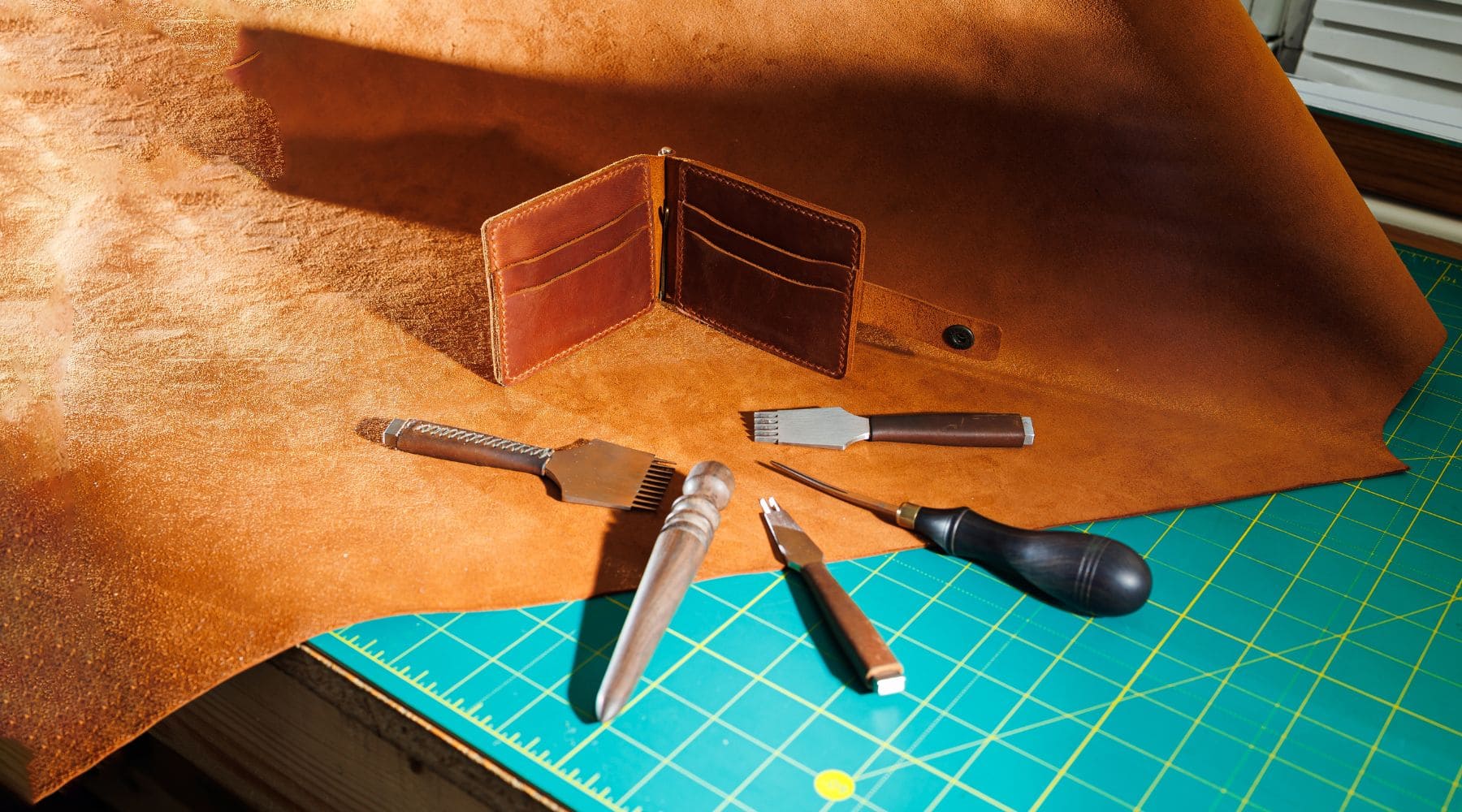
Everything You Need to Know About Leather Goods: A Comprehensive Guide
Leather goods have a long tradition and are very popular worldwide. They combine elegance, durability and functionality in a unique way. In this blog article we delve deep into the world of leather goods, explore their history, production processes, different types of leather and give you tips on care and purchase.
The history of leather goods
The use of leather dates back to ancient times. The ancient Egyptians, Greeks and Romans used leather to make clothing, shoes and armor.
Over time, leather processing techniques developed further, and the first guilds of tanners and leather craftsmen emerged in the Middle Ages. Leather became an indispensable material in many areas of daily life.
In the 19th and 20th centuries, the leather industry experienced an enormous boom due to industrialization. New machines and processes improved the efficiency and quality of leather production. Today, modern techniques combine traditional craftsmanship to produce high-quality leather goods.
The production process of leather goods
The production of leather goods is a complex process that includes several steps:
-
Tanning: This is the first and most important step in transforming raw animal hides into durable leather. There are different tanning processes, including vegetable tanning and chemical tanning. Vegetable tanned leather uses natural tannins from tree barks and other plant sources, while chemical tanning often uses chromium, resulting in softer and more flexible leather.
-
Dyeing and drying: After tanning, the leather is dyed and dried. This gives the material its final color and strength. The dyeing process can be done by dipping, spraying or aniline dyeing, the latter completely penetrating the leather and being particularly long-lasting.
-
Cutting and Stitching:The processed leather is then cut into desired shapes and stitched together to create various products such as bags, belts and shoes. High-quality leather goods are often characterized by precise craftsmanship and detailed stitching patterns.
-
Finishing: Finally, the leather is refined to give it shine and additional protective layers. This can be done by polishing, waxing or applying a protective coating.
Different types of leather and their properties
There are many different types of leather that differ in their origin, processing and quality:
- Cowhide: Very robust and durable, ideal for bags and shoes. It is the most commonly used leather and offers an excellent balance between durability and flexibility.
- Calfskin: Softer and finer than cowhide, often used for high-quality accessories. Calfskin is characterized by its smooth surface and luxurious feel.
- Pigskin: Less expensive and often used for interior linings and inexpensive leather goods. It has a distinctive texture and is less smooth than other types of leather.
- Lamb leather: Very soft and supple, perfect for clothing and gloves. Lambskin is light and comfortable to wear, making it particularly popular for fashion items.
Additionally, there are exotic types of leather such as crocodile, ostrich and snakeskin that are used to create luxurious and eye-catching products due to their special patterns and textures.
Care of leather goods
To ensure that your leather goods remain beautiful and functional for a long time, proper care is essential:
- Cleaning: Use special leather cleaners and a soft cloth to remove dirt. Avoid aggressive cleaning agents that can dry out the leather.
- Care: Apply leather care products regularly to keep the material supple. Make sure to distribute the care products evenly and work them into the surface.
- Protection: Protect your leather goods from direct sunlight and moisture to avoid discoloration and mold formation. Store leather items in a cool, dry place and use dust bags for delicate pieces.
Tips for buying leather goods
There are some important aspects to consider when purchasing leather goods:
- Quality: Pay attention to high-quality workmanship and materials. Check the seams and the consistency of the leather. High-quality leather should not have any cracks or irregularities.
- Price: Good leather has its price, but it's worth investing in quality. Cheap leather can wear out more quickly and be less durable.
- Style: Choose timeless designs that fit your personal style and can be combined in many ways. Classic pieces like a leather bag or a belt are always on trend.
- Brands: Trusted brands often have a good reputation and offer guarantees for their products. Find out more about the brand and read reviews from other customers.
Leather goods and sustainability
In recent years, the question of sustainability in the leather industry has become increasingly important. Many manufacturers rely on more environmentally friendly production methods and ensure that the leather sources are ethically responsible. Vegetable tanned leather and chrome-free leather are examples of more environmentally friendly alternatives. Recycled leather and vegan leather substitutes are also gaining popularity.
Leather goods as an investment
Leather goods are not only stylish accessories , but also a worthwhile investment. High-quality leather pieces can increase in value over time, especially if they are well cared for. Vintage leather bags and jackets are often sought-after collector's items and command high prices on the market.
The future of leather goods
As the importance of technology and sustainability grows, the leather industry is evolving too. Smart leather goods that integrate technology, such as charging cases or GPS tracking wallets , are becoming increasingly popular. At the same time, the demand for eco-friendly and ethically produced leather goods is increasing. Manufacturers are experimenting with new materials and methods to reduce environmental impact while maintaining the quality and durability that makes leather so popular.
Conclusion
Leather goods are a worthwhile investment that can give you years of enjoyment. From choosing the right leather to caring for it and purchasing high-quality products, these tips will have you well-equipped to explore and enjoy the world of leather goods. Whether you are looking for a sturdy leather bag for everyday use or a luxurious accessory for special occasions, leather offers the right solution for every need.


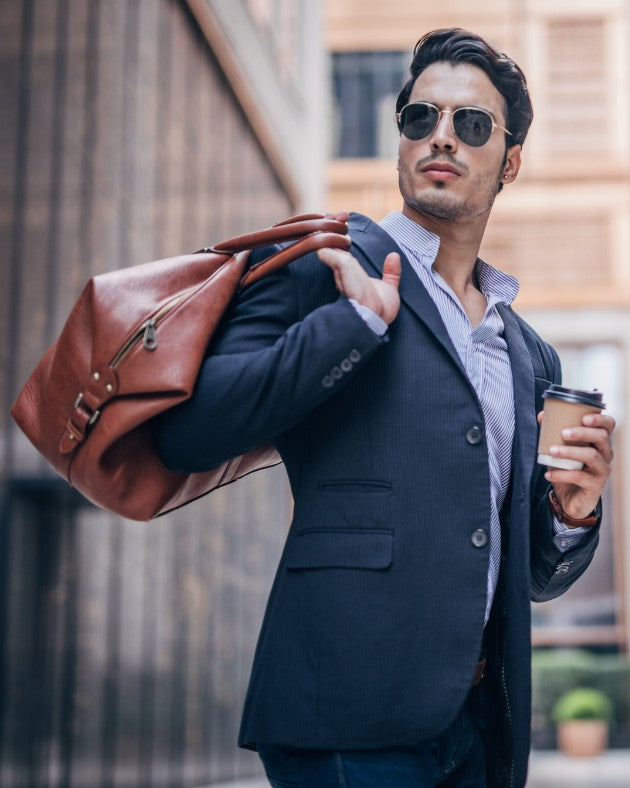
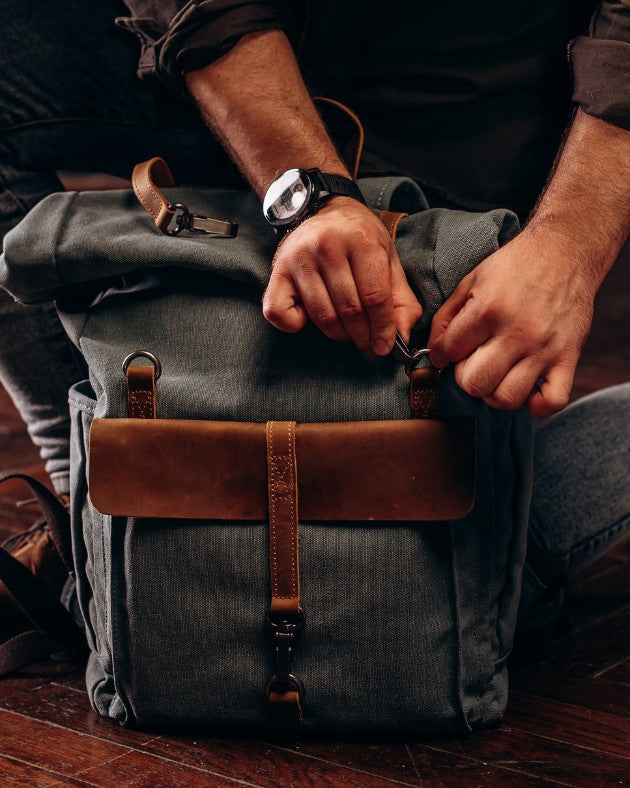
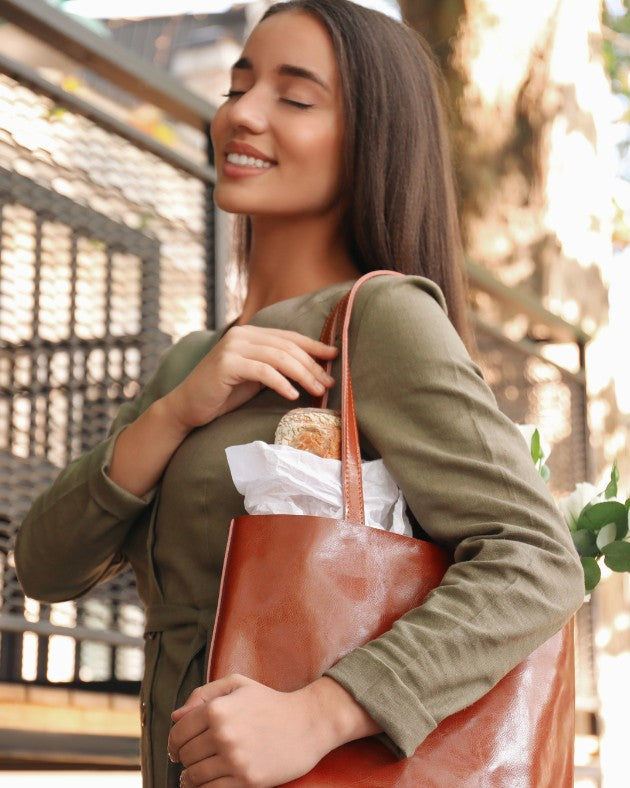
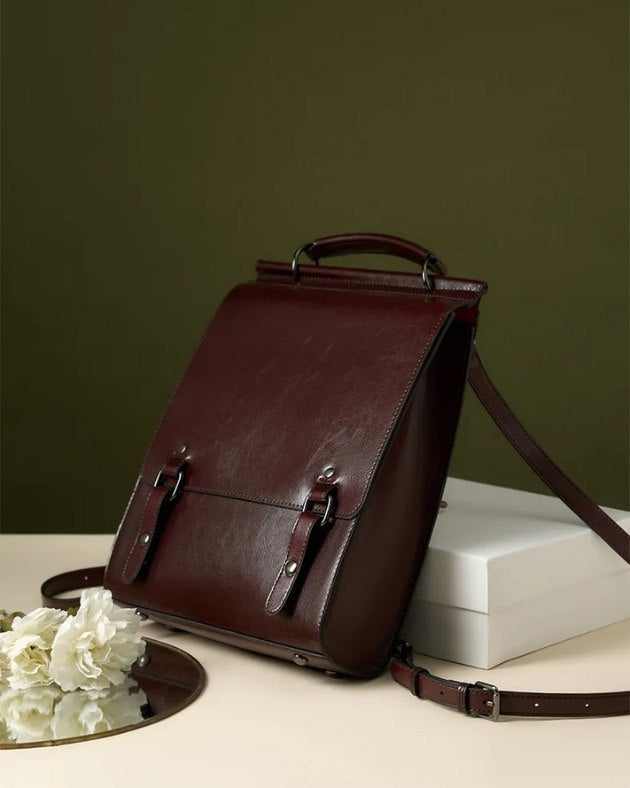
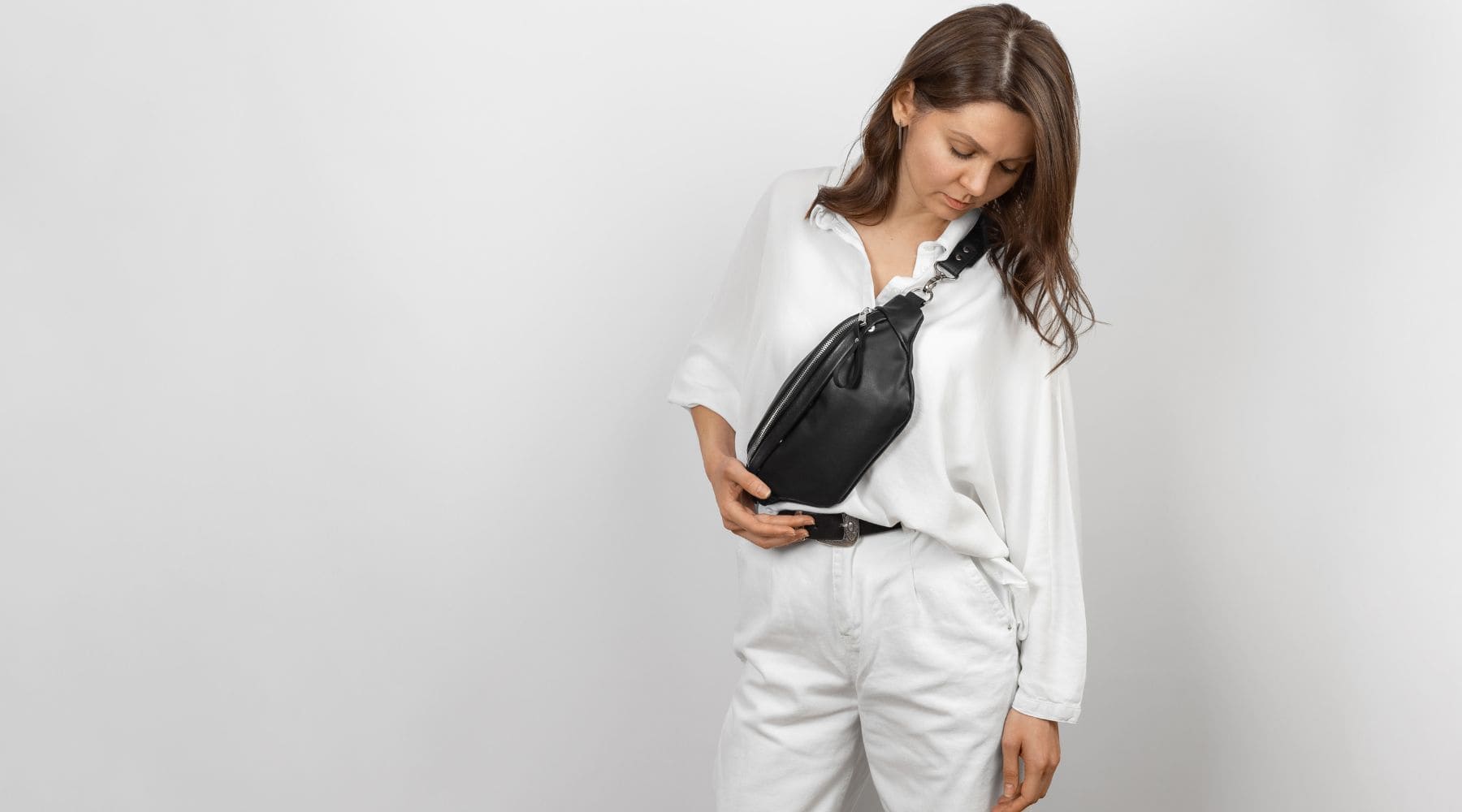
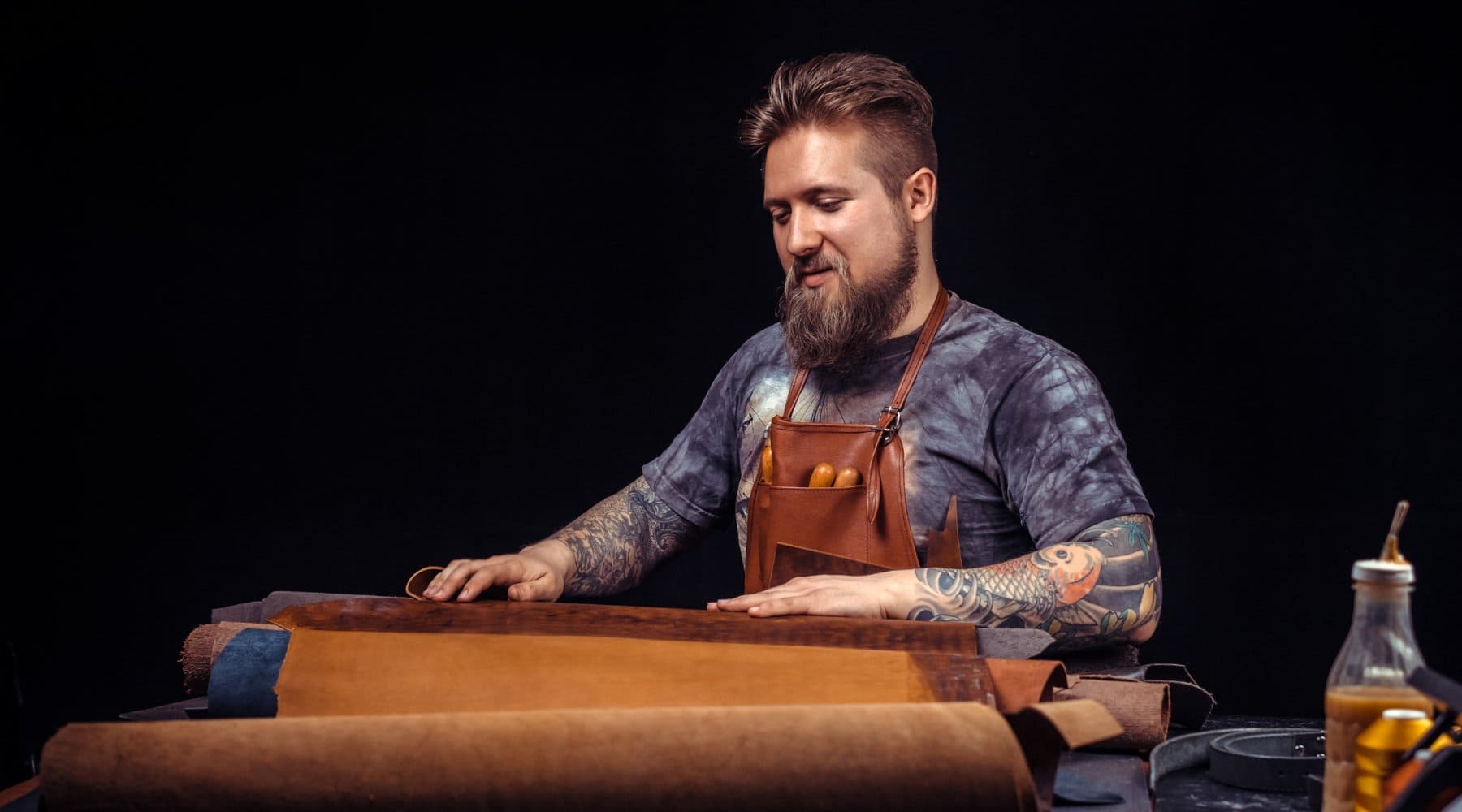
Leave a comment
This site is protected by hCaptcha and the hCaptcha Privacy Policy and Terms of Service apply.